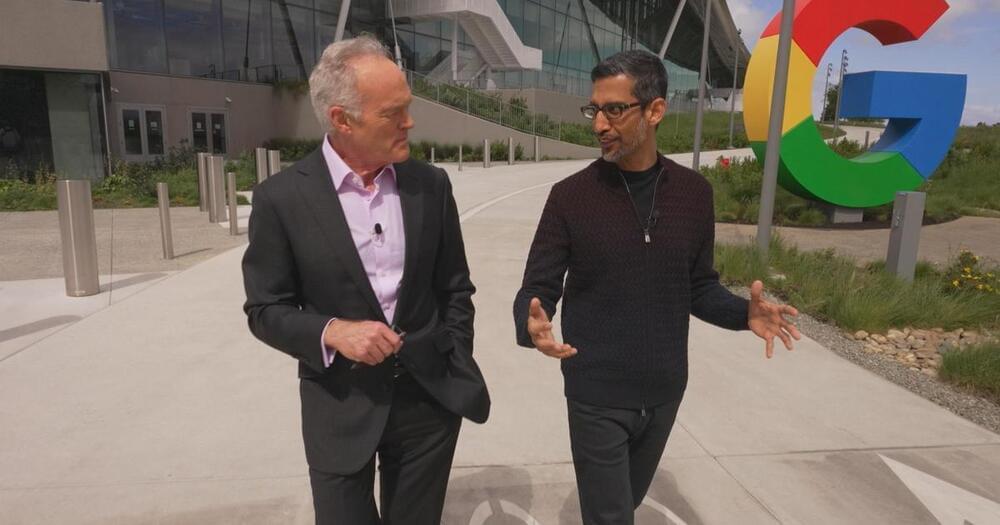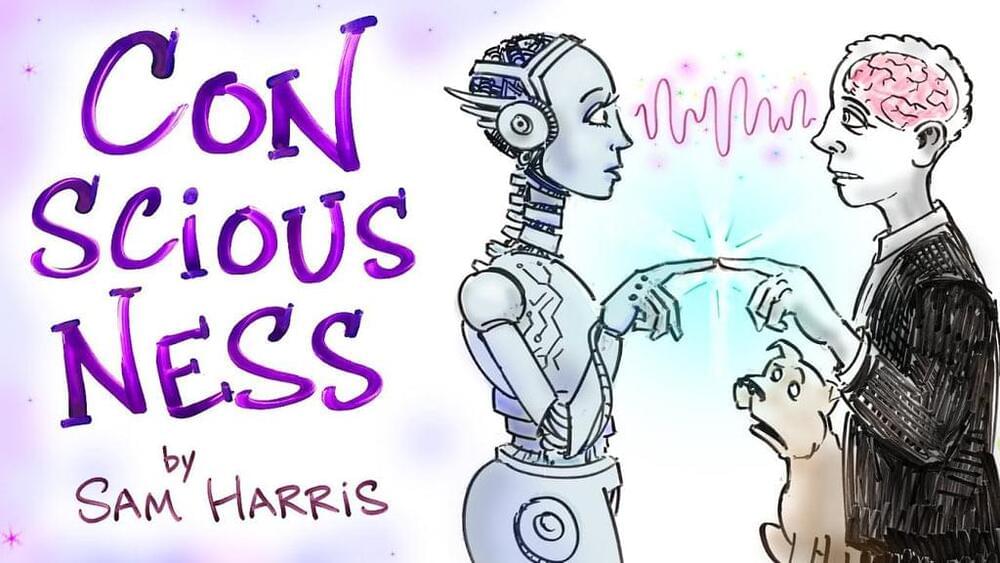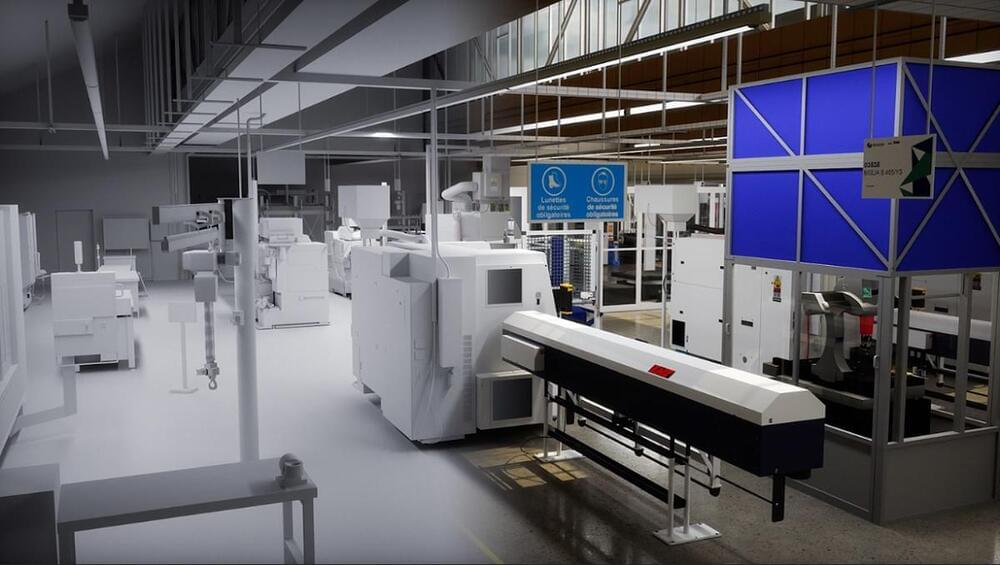
Finally, stories born from paranoia teach you to see A.I. as the ultimate surveillance tool, watching your every eye moment and jiggle of your mouse. But what if it’s used instead to catch you doing things well, and to foster trust between managers and employees?
With the ability to compile reports of your accomplishments—or even assess their quality—A.I. can help managers better appreciate the output of their employees, rather than relying on quantified inputs, like time spent at your desk. It can watch out for deadlines and critical paths, automatically steering you toward the work that’s most urgent. And if you do fall behind on deadlines, A.I. can let your manager know: They don’t have to poke their nose in all the time just to catch the one time you fell behind. With A.I. helping everyone focus their attention to match intentions as they do their work, managers can instead spend their time investing in ways to support their team and grow individuals.
The way we work right now will soon look vestigial, a kind of social scaffolding in our journey to build something better. We know that A.I. will transform the future of work. Will the future edifices of our labor be austere, brutalist towers that callously process resources? Or will they be beautiful, intricate monuments to growth and thriving?


















